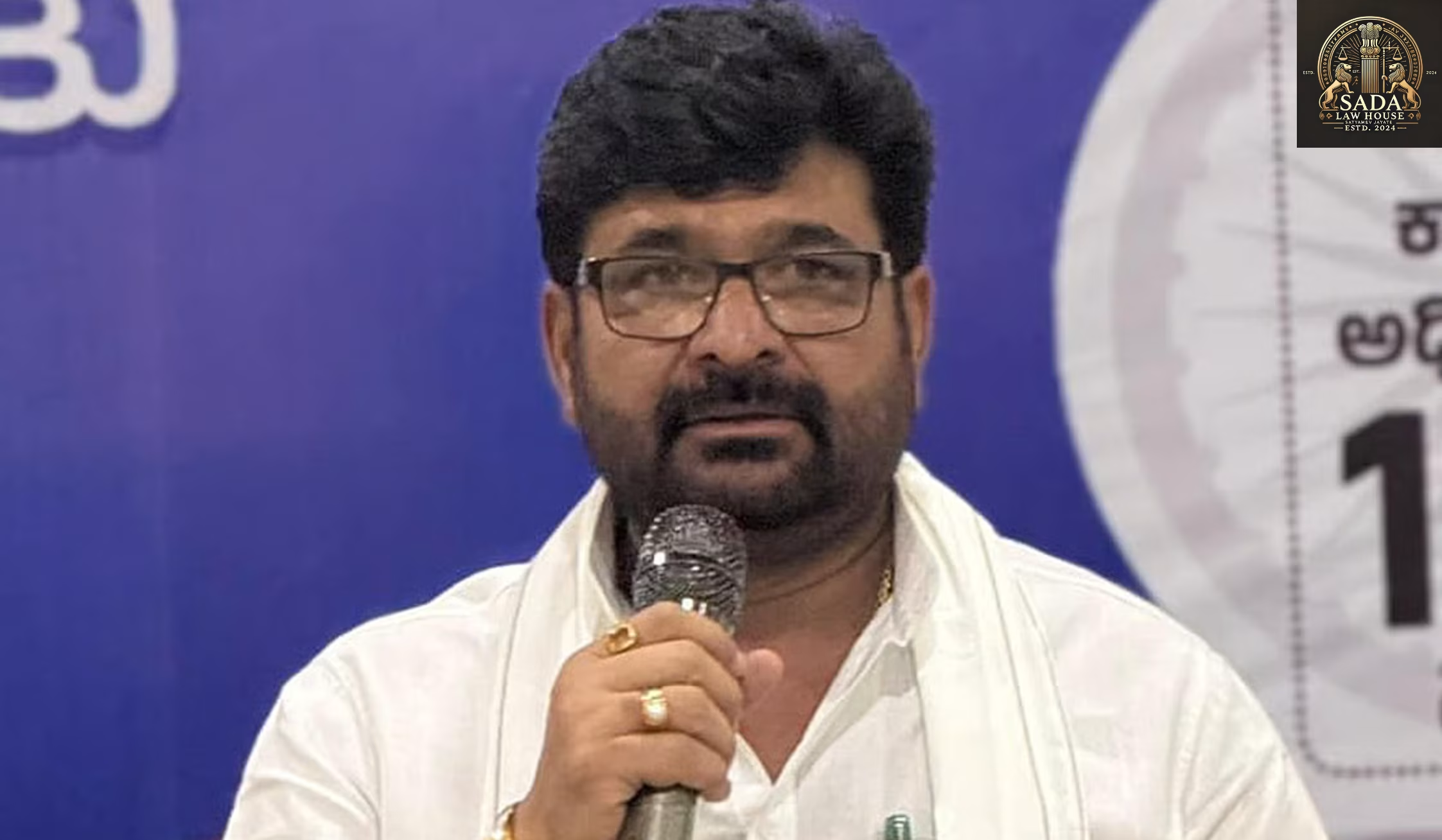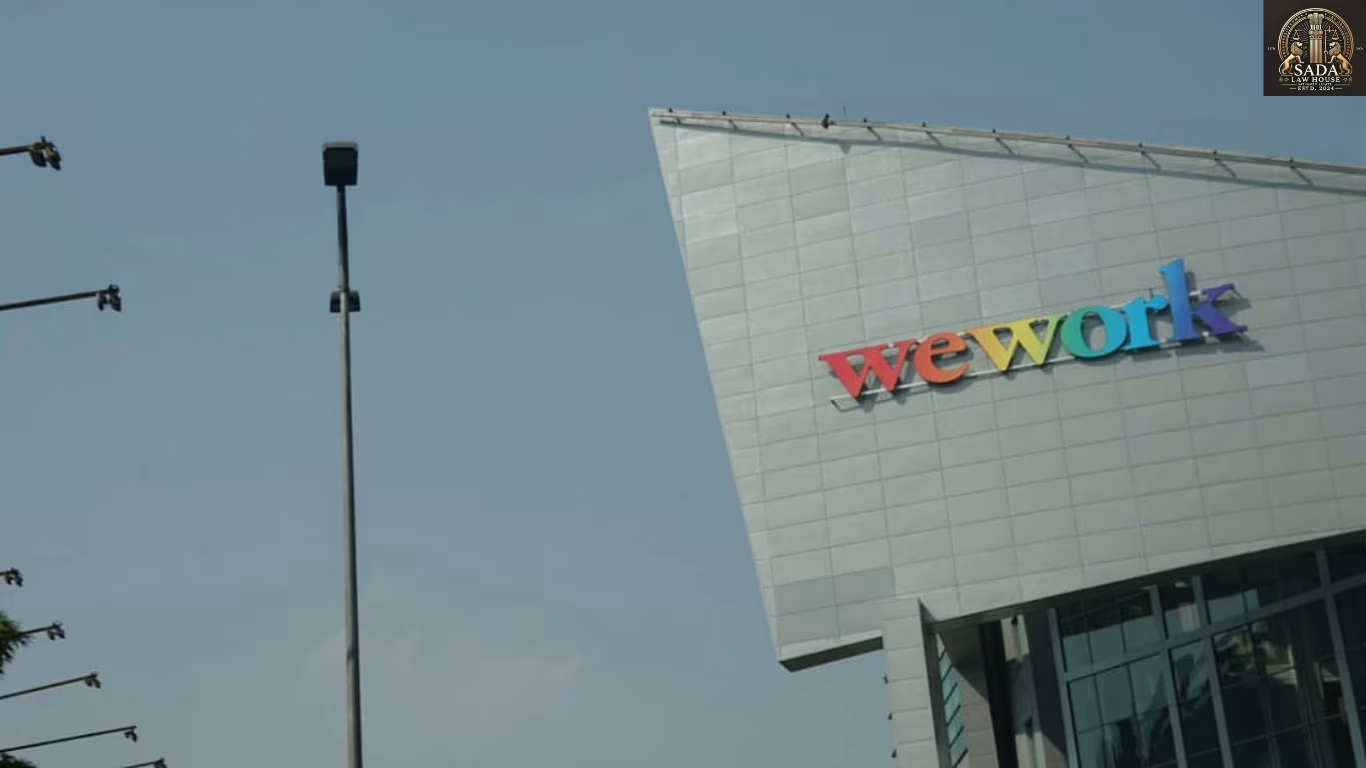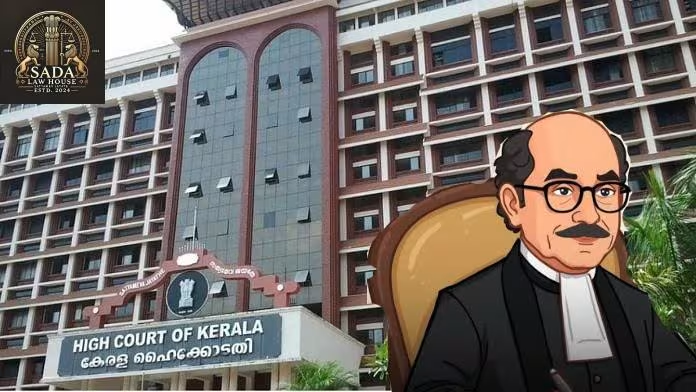Supreme Court Cancels Bail of Congress MLA Vinay Kulkarni in BJP Worker Yogesh Gowda Murder Case Over Witness Tampering
- PRABHAT KUMAR BILTORIA
- 10 June 2025

The Supreme Court cancels bail for Congress MLA Vinay Kulkarni in the BJP worker Yogesh Gowda’s murder case over witness tampering. Learn how trial courts can revoke bail even if granted by the SC or HC.
Supreme Court Cancels Vinay Kulkarni’s Bail in BJP Worker Murder Case
In a significant development, the Supreme Court of India has revoked the bail granted to Congress MLA Vinay Kulkarni in connection with the murder of Bharatiya Janata Party (BJP) worker Yogesh Gowda. The decision was made on grounds of alleged witness tampering, sending a strong message about judicial accountability.
Trial Court Can Cancel Bail Granted by Higher Courts
The Supreme Court clarified that a trial court holds the authority to cancel bail—even if it was granted by a Constitutional Court such as the High Court or Supreme Court—if the accused violates any conditions. This ruling overrules the earlier stance of the trial court, which declined to act on the CBI’s application to revoke bail.
Key Allegation: Witness Tampering by Vinay Kulkarni
The bench, comprising Justices Sanjay Karol and Satish Chandra Sharma, emphasized that there was sufficient material suggesting attempts by Kulkarni to contact or influence witnesses. The court thus ordered him to surrender before the trial court or jail authorities within a week.
Legal Background and Key Legal Provisions
The Supreme Court referenced its earlier ruling in Gurcharan Singh v. State (Delhi Administration), AIR 1978 SC 179, pointing out that the trial court misinterpreted its authority. The court reiterated that under Section 439(2) of the CrPC (now Section 483(3) of the BNSS), a Sessions Court can cancel bail if the accused breaches the conditions.
Timeline of the Case
2020: Kulkarni was taken into custody for his alleged involvement in the murder of BJP leader Yogesh Gowda.
2021: He was released on bail.
2025: Supreme Court cancels the bail after CBI presented evidence of witness tampering.
CBI’s Role and Arguments
Represented by Additional Solicitor General S.V. Raju, the Central Bureau of Investigation (CBI) emphasized the threat to a fair trial posed by Kulkarni’s actions. Senior Advocate Maninder Singh represented Kulkarni during the proceedings.
Conclusion: A Landmark in Bail Jurisprudence
This ruling underscores that bail is conditional and revocable, regardless of the level of court that grants it. It sets a precedent that protects the integrity of witness testimony and strengthens judicial oversight in criminal trials involving public figures.
Live Cases






